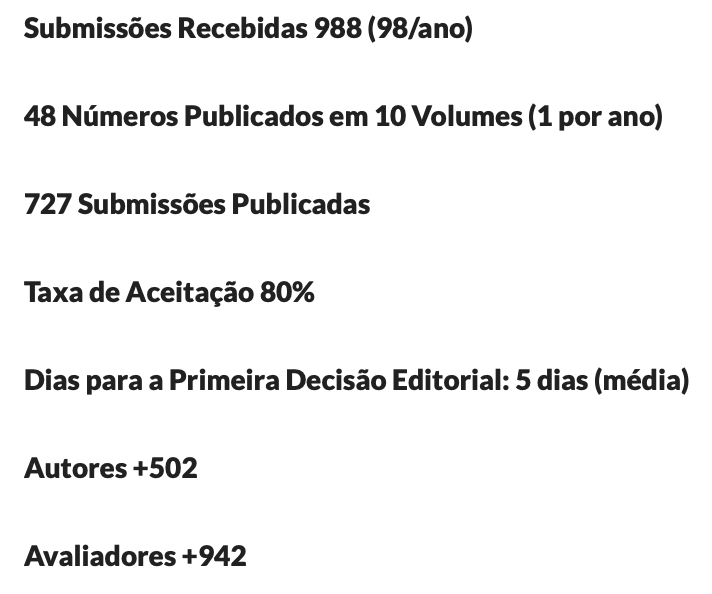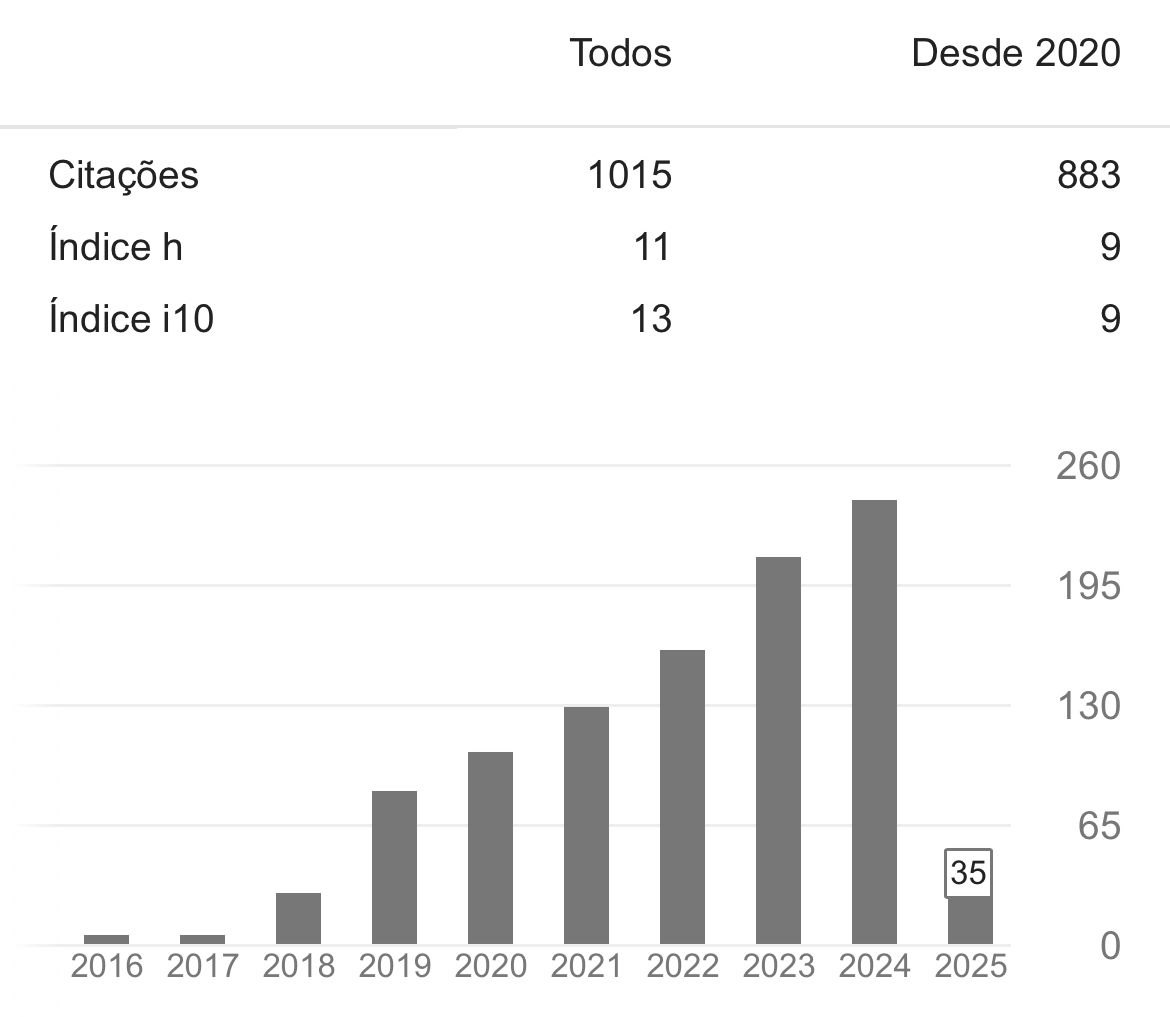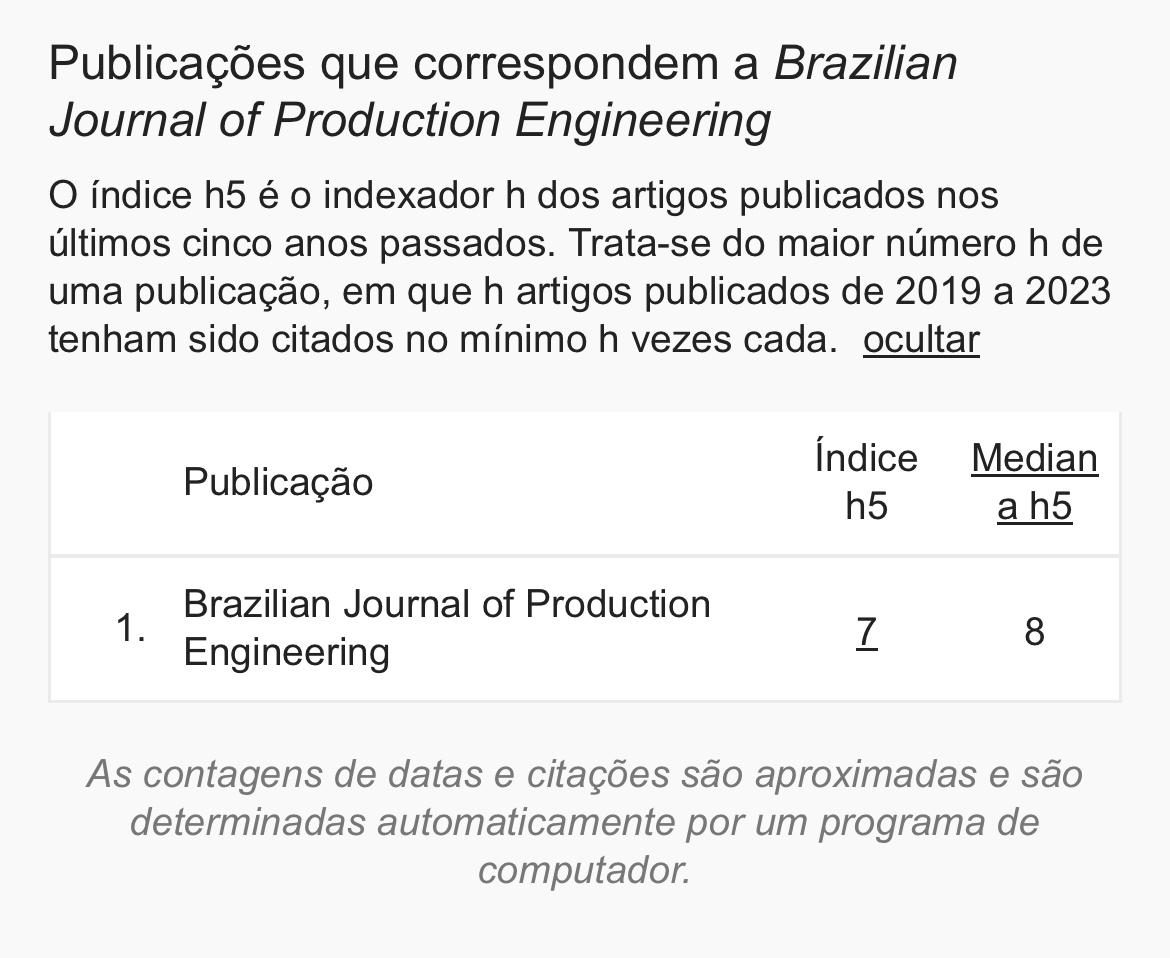Evaluation of recycled oil refining techniques for biodiesel production
DOI:
https://doi.org/10.47456/bjpe.v7i2.35513Keywords:
Biodiesel; Recycled oil; refining; innovation;Abstract
Recycled oil is a raw material option for the production of biodiesel. It has environmental and economic advantages, but there are disadvantages in the production of biodiesel, such as the presence of residues from the oxidation reactions that occur during frying. The recycled oil arrives at the biodiesel producer with these impurities and acidity above the desired standard. Therefore, it needs additional treatments, such as chemical neutralization. This process is widely used by oilseed industries and biodiesel producers, but it has disadvantages for treating oils with high acidity. Environmentally correct and innovative treatments for oils have been the subject of recent research aiming at lower impacts on the raw material and the formation of residues (or formation of higher value-added co-products). This study aimed to present physical refining as an substitute process for treating recycled oils in the biodiesel production process, performing a comparative evaluation as chemical refining, through determinations of yield and physicochemical parameters. The results obtained showed that the physical refining treatment resulted in a 32.59% reduction in the acidity index, while the chemical refining treatment was 92.11%, both in relation to the acidity index of the initial oil. On the other hand, the comparison of yield between the two techniques showed that the physicist showed an increase of 51.09% in relation to the chemical, without causing the formation of sludge and residues. Through physical refining there was the formation of free fatty acids that can have several industrial applications in fine chemistry as opposed to chemical.
Downloads
References
ANP. Agência Nacional do Petróleo, Gás Natural e Biocombustíveis. (2019). Recuperado de http://www.anp.gov.br/biocombustíveis
ANP. Agência Nacional do Petróleo, Gás Natural e Biocombustíveis (2015). Recuperado de http://www.anp.gov.br/biocombustíveis
Barros, L. H. C., Purificação, M. C., Campanha, N., Silva, T. F. H., & Santos, A. G. (2020). Biodiesel do óleo da semente de pinha produzido por reação via aquecimento e ultrassom. South American Journal of Basic Education, Technical and Technological, 7(1), 94-107.
Campos-Ramirez, L., Perez-Sanches, A., Benitez-Legra, A., & Benitez, I. (2020). Estudio técnico-económico de dos tecnologías de producción de biodiesel a partir de aceite de soya empleando el simulador superpro designer. TecnoLógicas, 23(48), 117-139.
Cardoso, T. S., Santos, R. A., Costa, R. T. T., Aviz, E. O., Araújo, J. F., Silva, A. P., Freitas, M. C. C., & Correia, L. M. (2020). Uma revisão da utilização de catalisadores heterogêneos para a produção de biodiesel. Brazilian Applied Science Review, 4(1), 240-276. doi:10.34115/basrv4n1- 016
Celestino, K. M., Manual, A. K., &Jõao, P. G. Synthesis of biodiesel from transportation mufuko oil. Tecnología Química, 40(1), 2020.
Costa Neto, P. R., Rossi, L. F. S., Zagonel, G. F., & Ramos, L. P. (2000) Produção de biocombustível alternativo ao óleo diesel através da transesterificação de óleo de soja usado em frituras. Química Nova, 23(4), 531-537.
Cvengros, J. Physical refining of edible oils. Journal of the American Oil Chemists’ Society (JAOCS), v. 72, n. 10, p. 1193-1196, 1995.
Galina, D., Benedito, V. M., Freitas, R. R., & Porto, P. S. S. (2020). Análise da influência da temperatura e do tempo na transesterificação direta da Nannochloropsis óculata para produção de biodiesel. Research, Society and Development, 9(7), e655974648. doi:10.33448/rsd-v9i7.4648.
Khan, A. M., Safi, A. H., Ahmed, M. N., Siddiqui, A. R., Usmani, M. A., Khan, S.-H., & Yasmeen, K. (2019). Biodiesel synthesis from waste cooking oil using a variety of waste marble as heterogeneous catalysts. Brazilian Journal of Chemical Engineering, 36(4), 1487-1500.
IBGE – Instituto Brasileiro De Geografia E Estatística. Censos 2019, Rio de Janeiro: IBGE, 2019.
Lima, J. R. O., Silva, R. B., Silva, C. C. M., Santos, L. S. S., Santos Junior, J. R., Moura, E. M. M., & Moura, C. V. R. (2007). Biodiesel de babaçu (Orbignya sp.) obtido por via etanólica. Química Nova, 30(3), 600-603.
Mantovani, A. C. G., Chendynski, L. T., Salviato, A., Borsato, D., Santana, V. T., & Di Mauro, E. (2018). Monitoring free radicals formation in the biodiesel oxidation reaction via electronic paramagnetic resonance. Fuel, 224, 255-260.
MAPA, Ministério da Agricultura, Pecuária e Abastecimento. Uso de biodiesel no Brasil e no mundo, 1° Edição, 2015.
Mandarino, J. M. G., & Roessing, A. C. Tecnologia para produção do óleo de soja: descrição das etapas, equipamentos, produtos e subprodutos. Documentos / Embrapa Soja, ISSN 1516-781X; n. 171, Londrina, Embrapa Soja, 2001.
Moretto, E; Fett, R.; Tecnologia de Óleos e Gorduras Vegetais na Indústria de Alimentos, 1a. ed., Varela: São Paulo, 1998.
Silva, J. D., & Heck, M. (2020). Panorama da logística reversa do óleo residual de fritura no Brasil. Revista Gestão & Sustentabilidade Ambiental, 9(especial), 720-739.
Downloads
Published
How to Cite
Issue
Section
License
Copyright (c) 2021 Brazilian Journal of Production Engineering - BJPE

This work is licensed under a Creative Commons Attribution-NonCommercial-ShareAlike 4.0 International License.

















































































